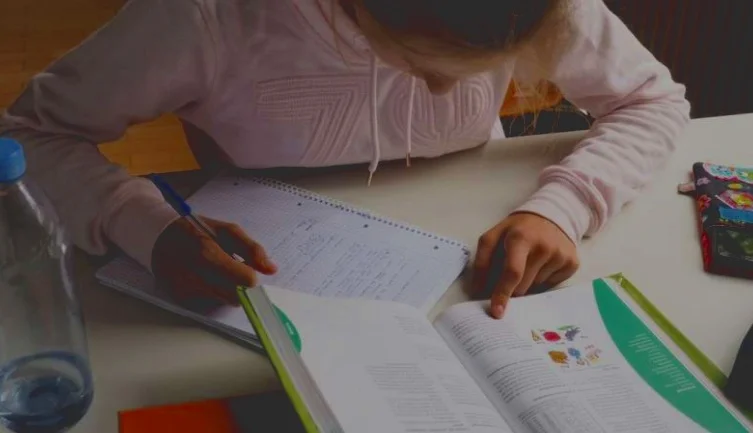I went back in time recently to relive parenting a toddler. While my brother and sis-in-law were in Japan, I got to take care of my niece Emma.
Since Emma lives in the US, I see her only once a year. This was her first visit to my home in Hong Kong. The P.E.T. skills helped me to establish trust and mutuality and deal with those big toddler emotions.



























